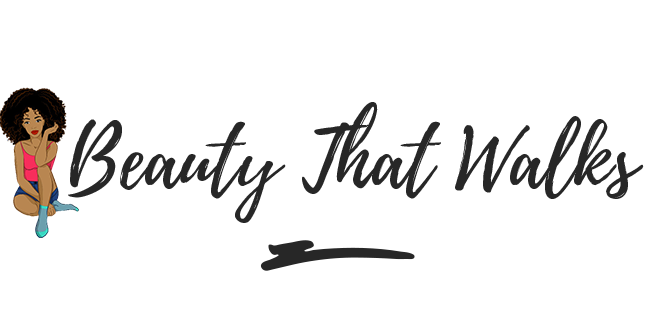Acne is an irritating skin condition characterized by inflammations such as blackheads, whiteheads, or pimples. It is caused by clogged skin pores, which occur mainly as a result of hormonal changes. However, dermatologists believe that diet is also linked to acne or skin breakouts directly. Discover the influence of diet on acne symptoms, what you can do to reduce triggers, the different acne treatment options available, and whether a good diet can help clear acne.

What Is the Influence of Diet on Acne Symptoms?
Your diet significantly influences the normal functioning of different organs of your body, including the skin. Therefore, what you consider suitable for your general health is also good for your skin. Certain types of food act as acne triggers, while others are healthy for your skin. Most people desire to have smooth, glowing skin but are not aware of how to deal with acne triggers. Below is a guide on what you can do to reduce the triggers.
How to Reduce Acne Triggers
Though more research and studies are still underway to ascertain the direct link between diet and acne, a recent study in 2016 shed some light on this topic. According to this study, dairy products and other foods rich in glycemic index (GI) and glycemic load (GL) can raise the level of insulin-like growth factor 1 (IGF-1) hormone in the body. The IGF-1 hormone increases sebum production (an oily substance produced by the sebaceous gland), which causes skin inflammation if produced in large quantities.
Most processed foods have a high GI level and can worsen acne symptoms. GI is a measure of how fast and high a particular type of food can raise blood sugar levels. A high level of blood sugar increases the production of the insulin hormone, which in turn increases sebum production.
Therefore, some of the foods with high GIs that you should avoid when fighting acne triggers include;
- White bread
- Pasta
- White rice
- Instant cereals such as oatmeal
- Skim milk
- Snacks such as cakes and popcorns
- Fast foods such as fries
Generally, to counter acne triggers, you should embrace a low-sugar acne diet. You can achieve this by adopting the dietary tips below;
Hydrate
Drinking water has many nutritional advantages. It is key to consuming the right intake of calories, which is good for maintaining balanced blood sugar levels. It is advisable to drink about eight glasses of water daily to have healthy and clear skin.
Cut Back on Sugar
Sugar is an enemy of clear skin and, therefore, a diet with high sugar content such as alcohol, carbonated drinks, and processed foods triggers acne. To be on the safe side, try to maintain a low daily sugar intake.
Ditch Dairy Products
Dairy products are a good source of nutrients such as calcium and protein. However, they contain a relatively high sugar content, mostly in the form of lactose, which is not good if your skin is prone to acne – a 2019 analysis found a positive relationship between total milk consumption and acne occurrence. If you love dairy products, you can try the lactose-free ones such as Greek yogurt, which are skin-friendly.
Chocolate
Most chocolates contain relatively high sugar and dairy content and are thus not good for your skin. However, if you love chocolate, then you should stick to dark chocolate. This dark chocolate contains zinc and other acne-fighting nutrients and is also lower in sugar and dairy levels. Remember its dark chocolate and not any other type of chocolate!
Green Leafy Vegetables
Rich in vitamins and minerals, green leafy vegetables are an ideal dietary option to prevent acne breakouts. The greener leafy vegetables you consume, coupled with a healthy lifestyle, the healthier your skin will be. These green vegetables include; celery, broccoli, cauliflower, cucumber, kales, spinach, and lettuce, among others.
Other Acne Treatment Options
If your acne persists even after adopting an anti-acne diet, then you should try other treatment options. Depending on the severity of your acne, your doctor may recommend any of the treatment options below;
Topical treatment: Uses ointments, gels, and lotions to exfoliate the skin and kill bacteria on the skin’s surface.
Antibiotic tablets: They are used together with topical treatment to treat more severe acne.
Hormonal therapies: They work well in women whose breakouts result from monthly periods or other hormonal conditions such as polycystic ovary syndrome (PCOS).
Non-pharmaceutical treatments: These are treatment options that do not use medications. They include chemical peel, photodynamic therapy, and come done extractor.
Conclusion
In most cases, a good diet coupled with a healthy lifestyle can help clear acne. To avoid finding yourself in situations where you have low self-esteem following an acne outbreak, apply the above dietary tips to counter acne triggers, and seek medical attention if the acne persists. Consult your doctor before making any dietary changes to avoid causing more harm to your body.


